5. Winston Groom (Forrest Gump)
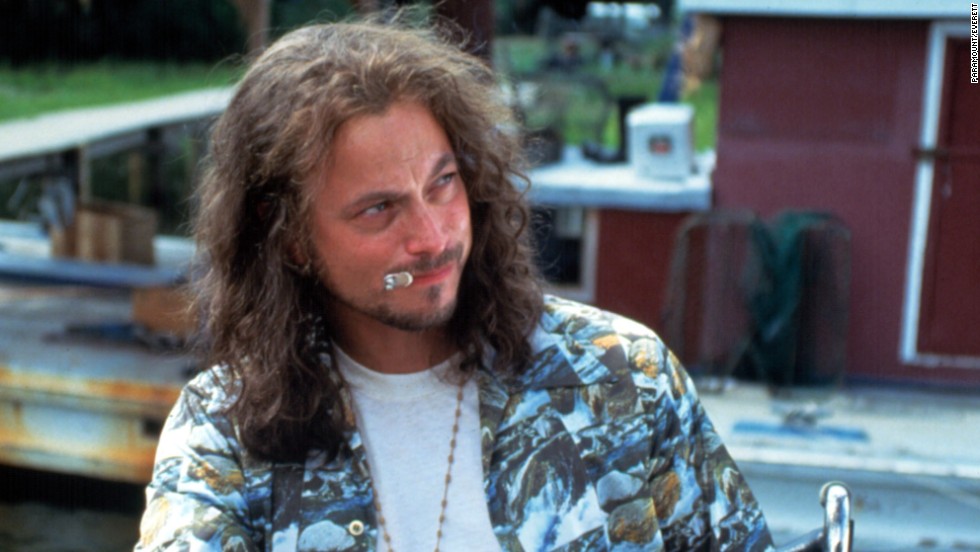
Forrest Gump is such an iconic film that not everyone knows, nowadays, that it came from Winston Groom’s 1986 novel of the same name. Groom has a bone to pick with that, by the way, as he feels that the Robert Zemeckis movie “diluted” his story by omitting plot points and “sanitizing” the language and sex in it.
The grudge is so real that he began his follow-up novel, “Gump and Co.,” published one year before the film came out, with the sentences: “Don’t ever let nobody make a movie about your life’s story. Whether they get it right or wrong, it don’t matter.”
Thing is, not only was Groom less than impressed by the film, he claims the producers scammed him out of his part of the profits. Groom’s contract included a 3 percent participation on the film’s earnings, but the production company claimed, when sued by the author, that “Forrest Gump” made no money when production and promotion costs were subtracted from its whopping $677 million run at the box office – which probably really is bullsh*t, if we’re being honest.
4. Anne Rice (Queen of the Damned)
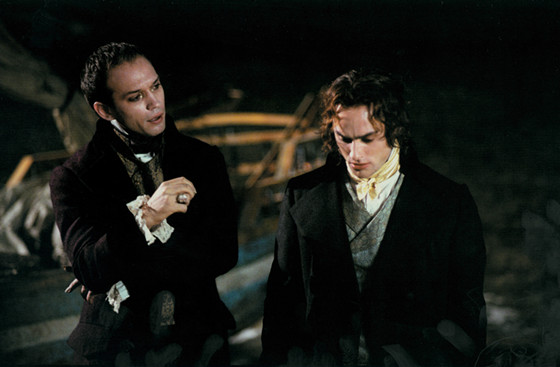
The literary vampire queen was no fan when Neil Jordan decided to cast Tom Cruise as her signature character in “Interview with the Vampire,” saying he was “no more my vampire Lestat than Edward G. Robinson is Rhett Butler” in an interview. However, she came around when the film was released, publicly praising Cruise for his portrayal and talking about how much she enjoyed the film’s take on her vampire universe. One other cinematic adaptation that Rice has never got around to liking, however? 2002’s “Queen of the Damned.”
Michael Rymer’s dismally bad film depicted Lestat (now Stuart Townsend, which is a casting decision indicative of the movie’s quality if ever there was one) waking up in the modern world and deciding to become a rock star – that’s when his music wakes up the ancient Queen Akasha (Aaliyah), who, of course, wants the confirmed bachelor to become her king. To this day, Rice takes every opportunity to tell fans to “stay away” from the film, which she claims “butchered” her books.
3. Anthony Burgess (A Clockwork Orange)
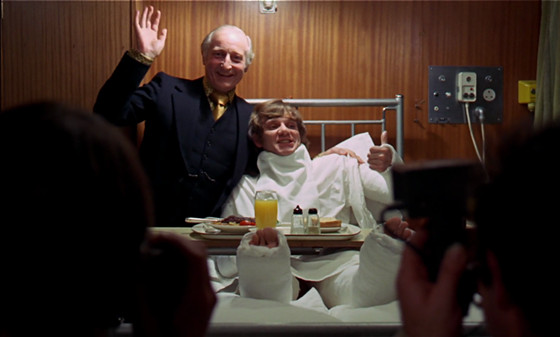
The British writer’s dislike of Stanley Kubrick’s adaptation of “A Clockwork Orange” was so vehement that he regretted writing the book in the first place. The fact that it remains his best known work outside of genre connoisseur circles only adds insult to injury, as he felt that the material was “a jeu d’esprit knocked off for money in three weeks,” and that the film made from it “seemed to glorify sex and violence” and “made it easy for readers of the book to misunderstand what it was about.”
“That misunderstanding of ‘A Clockwork Orange’ will pursue me until I die. I should not have written the book because of this danger of misinterpretation,” Burgess, who passed away in 1993, famously said. It’s a strong condemnation of a movie that generated controversy in its release, but has since been widely accepted as a cinematic classic, as with most of Kubrick’s works.
The film’s graphic and vile violence has led to similar condemnations from both moralistic, ignorant people, and genuinely concerned, educated ones. As the author predicted, it’s a controversy that rages on.
2. Stephen King (The Shining)
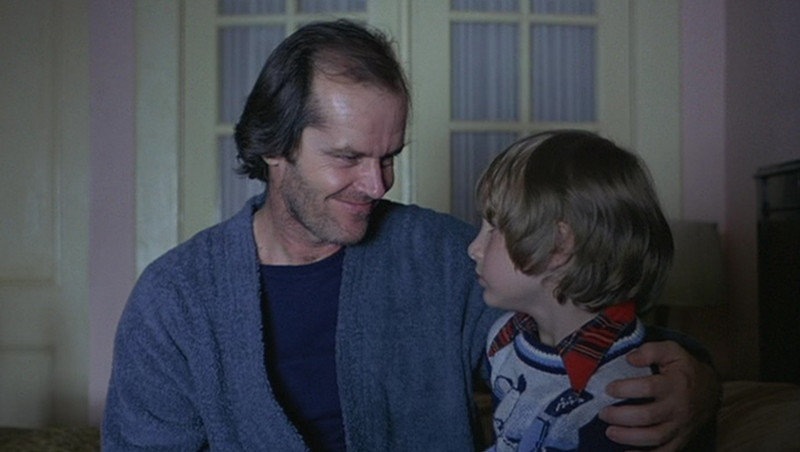
Perhaps the most famous (and infamous) case of a writer hating the movie version of their own work, Stephen King’s animosity towards Stanley Kubrick’s “The Shining” is legendary. “I’d admired Kubrick for a long time and had great expectations for the project, but I was deeply disappointed in the end result,” the master of horror explained in a interview. “Kubrick just couldn’t grasp the sheer inhuman evil of the Overlook Hotel. So he looked, instead, for evil in the characters and made the film into a domestic tragedy with only vaguely supernatural overtones.”
The author also detested the way Jack Nicholson made lead character Jack Torrance “crazy from the get go,” instead of portraying the effects the hotel had in his mind. Most recently, King described Kubrick’s critically acclaimed film as “a big, beautiful Cadillac with no engine inside it,” alluding to a perceived “lack of heart” or genuine emotion in Kubrick’s interpretation of his story. King hated the film so much that he remade it in 1997, in a miniseries not nearly as beloved or revered as the original, written by the author himself and directed by Mick Garris.
1. P.L. Travers (Mary Poppins)
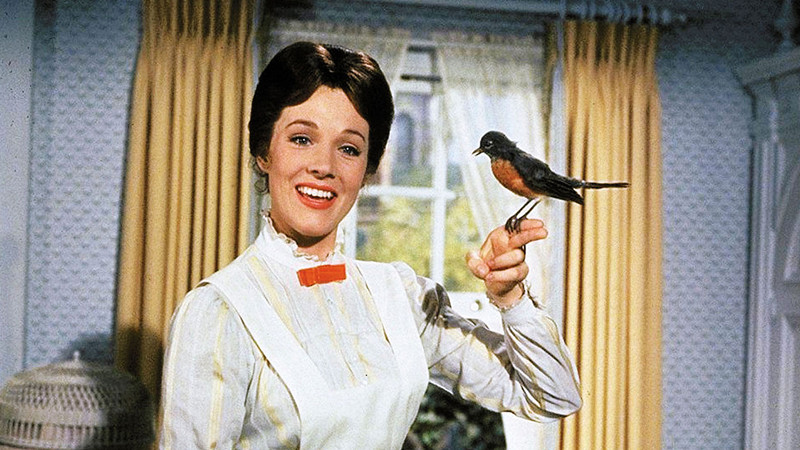
That version of P.L. Travers played by Emma Thompson in “Saving Mr. Banks,” about the British author’s clash with Walt Disney over the movie version of her children’s classic “Mary Poppins,” wasn’t exactly accurate. I mean, sure, Travers was not keen on the film’s animated sequences and erasure of Poppins’ stricter nature, but she never came around to loving it like it’s implied at the end of Disney’s “biographic” movie. Proof of it is that Travers never sold the rights of the continued adventures of Poppins to Disney.
You might be asking what’s that you heard about an upcoming sequel with Emily Blunt taking on the role of Poppins. Well, Travers has been dead since 1996, and the upcoming Rob Marshall film is not really based on any of the books she wrote, instead checking in with Poppins as she visits the now-grown Jane and Michael Banks, along with Michael’s three children. It is scheduled to hit theaters on December 19th.